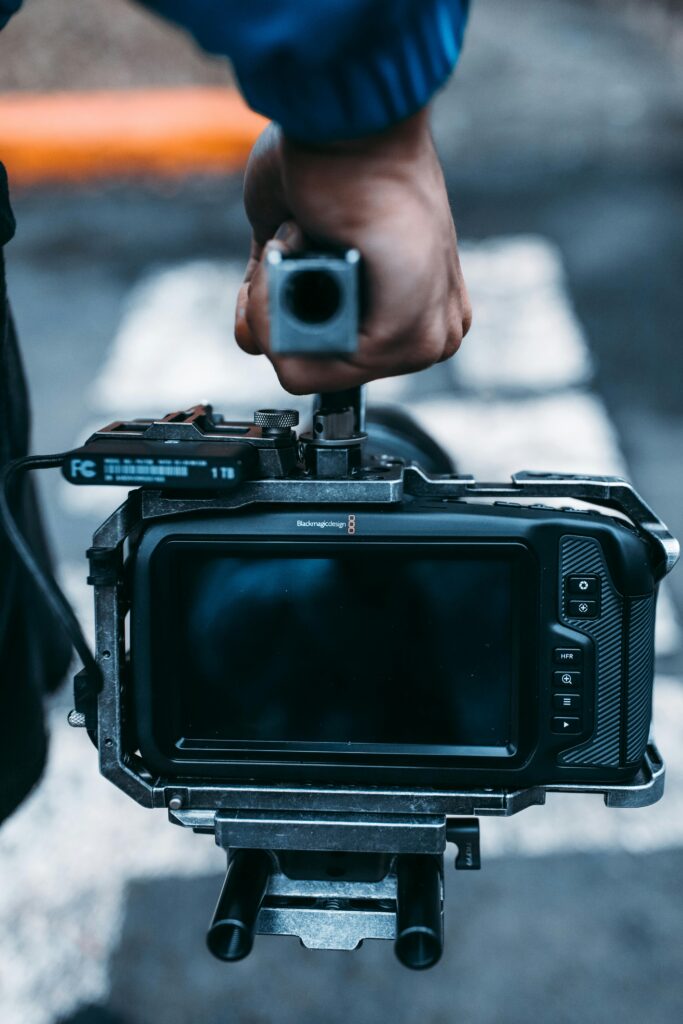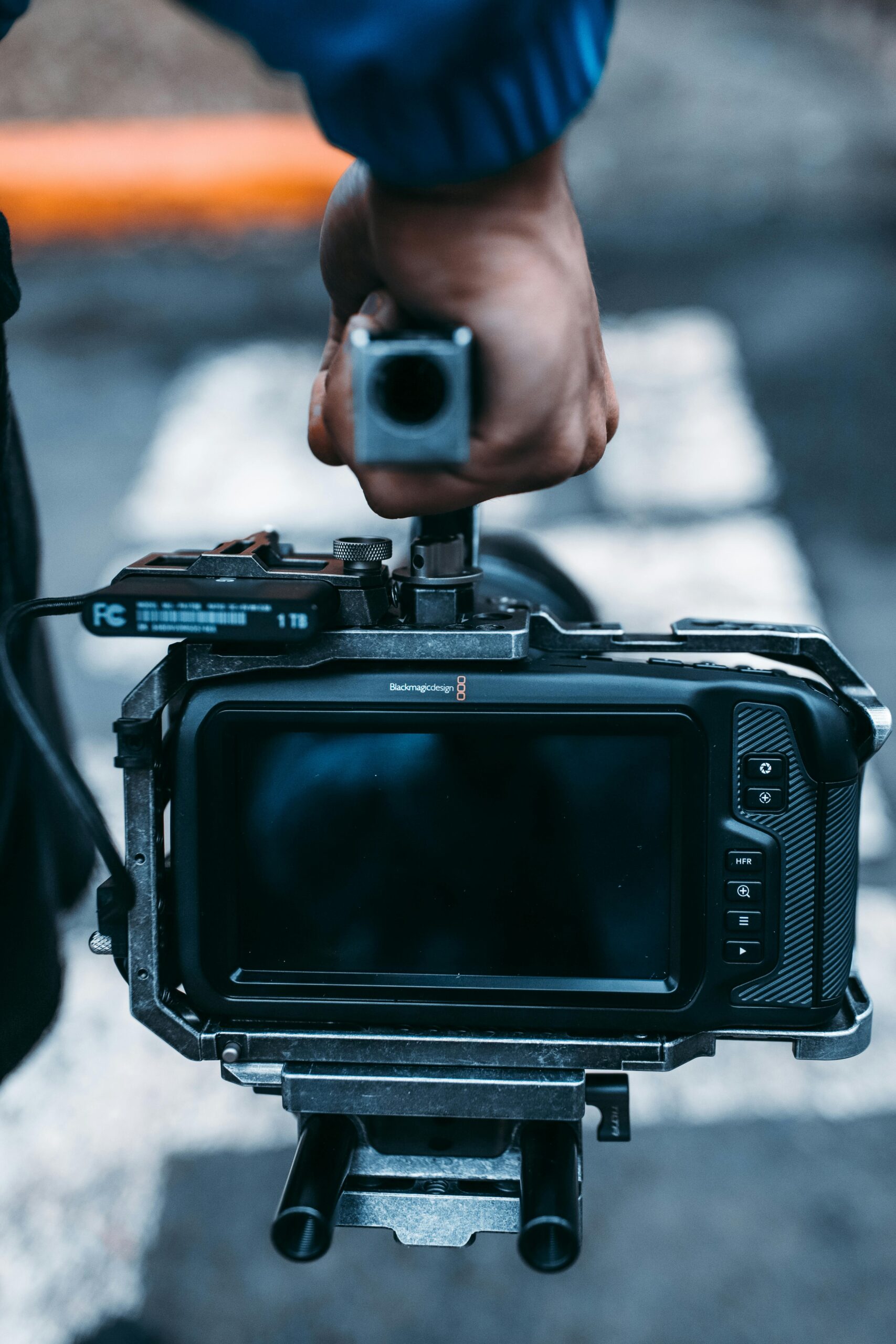By Tonderai Chiyindiko, South Africa
Whether it is the highly publicised case involving global entertainment giant Disney for their uncredited usage of the song Mbube (popularly known as The Lion Sleeps Tonight) originally written and recorded by Solomon Linda in the hit film The Lion King and subsequent spinoffs, to the more recent case involving a rare $1.5 billion settlement to South African writer Zakes Mda and other writers whose works were used without permission by AI company Anthropic to train their large language models, Intellectual Property (IP) and copyright are at the core of the South African creative economy.
For Lawyers of the Arts South Africa (LASA) founded by Lerato Moloi who also acts as its Chief Executive Officer, helping artists and creatives understand the value of their IP as well as fair exploration of their copyright is part of what made her decide to start LASA.

Lerato Moloi, Founder and CEO, Lawyers of the Arts South Africa (LASA). Photo – LinkedIn
“Creative professionals should understand key principles of IP law, including that copyright ownership generally rests with the creator unless transferred in writing, and that moral rights such as the right to be credited and to protect one’s work from distortion remain vital. They should always have written contracts, as many disputes in the industry arise from verbal agreements or unclear terms. Furthermore, understanding how collective management organisations such as SAMRO, DALRO, and CAPASSO operate helps creatives claim their royalties effectively. Equally important is knowing what constitutes infringement and fair use, which protects creatives both from exploitation and from unintentionally violating others’ rights”, says Moloi.
In remarks shared with a journalist in a recent article for a local newspaper entitled Why TV shows are cancelled and how artists can protect themselves, Moloi emphasised that often production houses do not include key clauses such as “kill fee or pay or play” which would ensure that in the event that a show is cancelled for whatever reason they would be able to be compensated. This is just one of the myriad of issues actors face when it comes to things such as residuals and fair compensation for their IP within the South African film and television ecosystem which has historically favoured producers and broadcasters rather than talent.
For Esmé van Rooyen, a Senior Associate at top law firm Adams and Adams which has taken a keen interest both from an advocacy, awareness and legal protection role for artists and creatives in South Africa, IP and copyright sit at the heart of the Cultural and Creative Industries (CCI’s).
“Intellectual Property (IP) and copyright in particular, sits at the heart of the cultural and creative industries. These industries thrive on originality and innovation, and copyright provides the legal framework that allows creators to control, commercial and be rewarded for their creative output”, says van Rooyen.

Esmé van Rooyen, Senior Associate, Adams and Adams Photo: www.adams.africa.
What has been key within the South African creative ecosystem is that several entities have come together to form the Copyright Coalition of South Africa which is strongly advocating for key changes within the Copyright Amendment Bill and Performers and Protection Amendment Bill which have since been referred to the Constitutional Court for further scrutiny by President Cyril Ramaphosa.
Entities which form part of this collective are as follows.
- The Independent Black Filmmakers Collective (IBFC)
- Trade Union for Musicians of South Africa (TUMSA)
- The Music Publishers Association of South Africa (MPASA)
- The Publishers Association of South Africa (PASA)
- Academic and Non-Fiction Authors of South Africa (ANFASA)
- PEN Afrikaans
- Printing SA (PIFSA)
- Recording Industry of South Africa (RiSA)
- RiSA Audio Visual (RAV)
- Dramatic, Artistic, Literary Rights Organisation (DALRO)
- Writers Guild SA
- Audio Militia
- Animation SA
- Southern African Music Rights Organisation (SAMRO)
- Composers, Authors and Publishers Association (CAPASSO)
- Visual Arts Network of South Africa (VANSA)
- Independent Producers Organisation (IPO)
- Academy of Sound Engineering
Through the Copyright Coalition of South Africa there have been multiple awareness initiatives as well as advocacy in the public realm and within parliament around these two pieces of legislation which once passed will significantly change the South African creative economy landscape.
“Ultimately, the creative economy depends on a legal environment that protects creators while allowing innovation, collaboration, and cultural exchange to flourish. Greater IP literacy among creative professionals will empower them to participate confidently and fairly in this evolving landscape”, says van Rooyen.
What is clear is that IP and copyright is not just about cosmetic changes in legal frameworks but about transformation and the creation of an environment where artists and creatives no longer have to die as paupers as has been the case in recent years – the starving artist narrative will end when IP and copyright become the cornerstone of how entities within the creative economy operate and function.
Though Zakes Mda will receive some compensation from the $1.5 billion settlement for the usage for the authorised usage of his six books namely Ways of Dying, The Whale Caller, Heart of Redness, She Plays with the Darkness, The Madonna of Excelsior and Sometimes There is a Void, what has been demonstrated in that case is that AI companies and any other entity working with IP and copyright have to play by the rules just like everyone else.
Editor’s Note

Tonderai Chiyindiko is an experienced arts manager, researcher, and writer from Zimbabwe, with over 15 years of experience contributing to local and international platforms. His work focuses on cultural entrepreneurship, leadership, and policy advocacy across Africa’s creative and cultural industries. In this feature, he unpacks why understanding intellectual property and copyright is critical to transforming South Africa’s creative economy. Drawing insights from legal experts and organisations, Tonderai highlights how rights awareness, legislative reform, and fair compensation can shift the narrative from “starving artists” to sustainable creative professionals.
His reflections remind us that empowering Africa’s creatives begins with knowledge — and that protecting artistic work is as vital as producing it.

